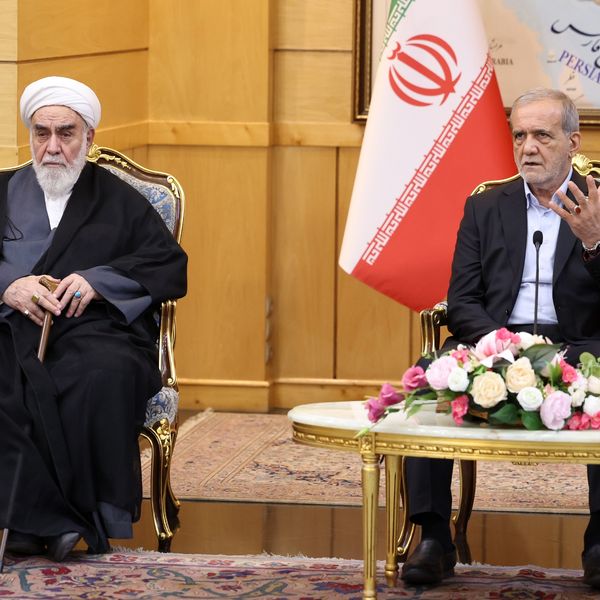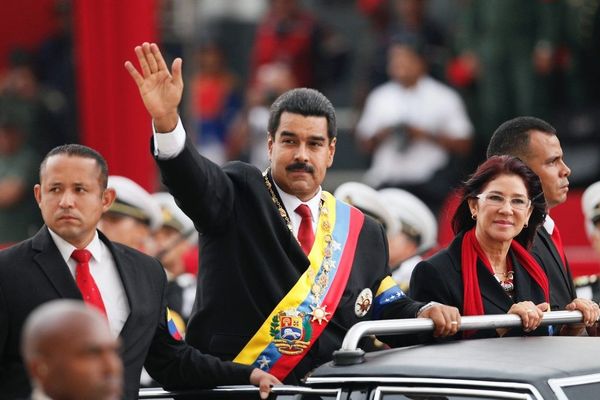Bottom Line Up Front
- U.S. Secretary of State Mike Pompeo will travel to eight Arab nations from January 8-15, as he attempts to lay out a coherent U.S. approach to the Middle East.
- Pompeo must assuage the concerns of U.S. allies about Iran’s quest for regional hegemony, reassuring them of American commitment to countering Iran’s influence.
- On January 6, National Security Advisor John Bolton walked back President Trump’s erratic Middle East policy shift, which had U.S. troops leaving Syria within 30 days of a December announcement.
- Bolton claims that the withdrawal of the 2,000 American troops from Syria now depends on the Islamic State’s ultimate defeat and on Turkey refraining from attacking Syrian Kurds.
The upcoming eight country Middle East trip by U.S. Secretary of State Pompeo comes at a time of unprecedented division between the President of the United States and the agencies and departments that comprise the U.S. government. President Trump routinely contradicts his senior officials on issues of national security and foreign policy, often in a public manner. The mid-December surprise announcement by President Trump that the U.S. has ‘totally defeated’ the so-called Islamic State and would be withdrawing the remaining 2,000 American troops from Syria within 30 days was a direct reversal of repeated policy statements made by National Security Advisor John Bolton and former Secretary of Defense James Mattis. Along with Brett McGurk, the Special Presidential Envoy for the Global Coalition to Counter the Islamic State, Mattis resigned in protest within days of the announcement. Both Mattis and McGurk were clearly frustrated over the administration’s mishandling of Syria and its penchant for circumventing any semblance of process or policy coherence in national security decision-making.
Now Secretary Pompeo will travel to the Middle East in an attempt to convince skeptical partners and allies that he has the authority to speak for the President of the United States while also saying, in effect, the President doesn’t always speak for the United States. Given the mercurial temperament of President Trump, U.S. foreign policy in the Middle East has reached an apex of dysfunction. Pompeo must also reassure Gulf allies that the United States remains committed to countering expanding Iranian influence throughout the region. Since the beginning of the Trump administration, his senior advisors and officials have found themselves in the increasingly awkward position of explaining to diplomats and world leaders that what the President said wasn’t really what he meant. The reversal of the surprise change in Syria policy has been dramatic and confusing. Secretary Mattis’ resignation letter noted that the U.S. must stand by those who stand by us—especially the Kurds. The Department of Defense (DoD) had no information to provide about the rapid withdrawal, because the DoD learned of the policy change from the President’s social media feed. In yet another dizzying reversal, within a week, the 30-day timeline was dropped in favor of a ‘deliberate’ withdrawal, as U.S. officials tried to reassure regional allies that what the President said wasn’t what he meant, yet again.
During a stopover in Israel, National Security Advisor Bolton qualified the President’s reversal; he said the timing of the U.S. withdrawal from Syria was ‘conditions based’ and depended on the defeat of the Islamic State and guarantees from Turkey that Ankara will refrain from attacking the Syrian Kurds once the U.S. withdraws. Despite the President’s dramatic announcement that the U.S. ‘won against ISIS’ and so its troops were coming home quickly, Turkey publicly called for further American support, including airstrikes, transport, and logistics. During his upcoming trip, Secretary Pompeo will also stress that the U.S. isn’t leaving Syria anytime soon. President Trump might again undercut his top diplomat with tweets and statements about leaving Syria, but it is more likely that the President has moved on to other topics. Trump has not mentioned his policy shift much in the weeks since he made his initial surprise announcement.
In addition to visiting Jordan, Kuwait, Egypt, Bahrain, the United Arab Emirates, Qatar, and Oman, Secretary Pompeo will also travel to Saudi Arabia and will reportedly press the royal family on the assassination of Jamal Khashoggi. For many, Pompeo’s efforts are little more than a tepid attempt to hold the Saudis accountable. The killing has sparked international outrage and even spurred rare congressional oversight of American support for Saudi actions in the Gulf, such as its disastrous war in Yemen that the U.S. directly aids through the provision of weapons and equipment. President Trump has flatly said he wanted to maintain good relations with Riyadh for financial reasons, even if Crown Prince and de facto ruler Mohammad bin Salman knew about the plot to murder Khashoggi, as a leaked assessment conducted by the CIA suggests he did.










